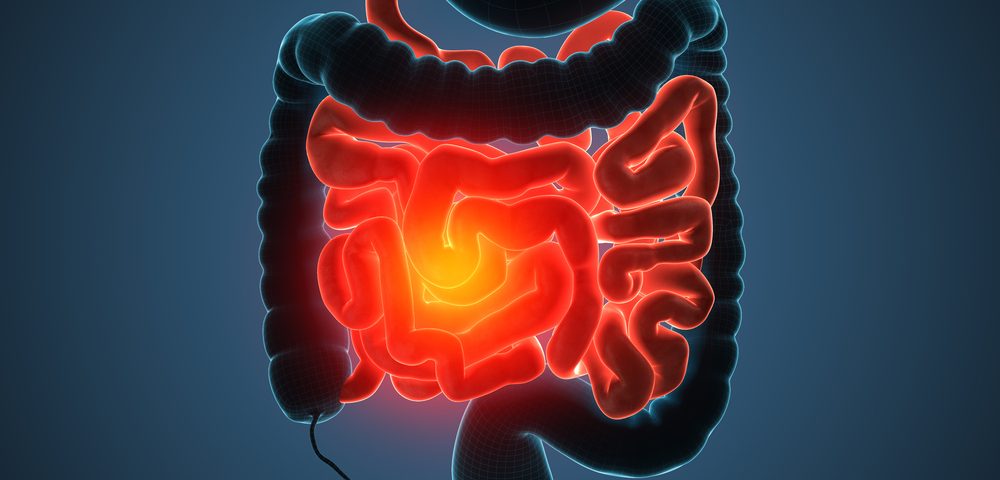The common yeast strain Saccharomyces cerevisiae, also known as Baker’s yeast, may aggravate Crohn’s disease, research suggests.
The study, “A member of the gut mycobiota modulates host purine metabolism exacerbating colitis in mice,” was published in the journal Science Translational Medicine.
Although the entire gut microbiota plays an important role in human health, most studies have focused on the bacterial population. Antibodies against S. cerevisiae, a species of yeast, are found in some patients with Crohn’s disease, which suggests the strain is involved in inflammatory bowel disease (IBD). However, the mechanism linking S. cerevisiae to IBD symptoms has not been spelled out.
“To me this was a huge hole in our understanding of the role of yeast in IBD and our health,” June Round, PhD, the study’s lead author, said in a news release. She is an associate professor in the University of Utah’s Department of Pathology.
Round’s team first analyzed the effect that S. cerevisiae and Rhodotorula aurantiaca – another common yeast strain in the gut microbiome – had on germ-free mice with colitis.
R. aurantiaca did not worsen intestinal inflammation symptoms. But S. cerevisiae affected the permeability of the gut barrier and increased the metabolism of purines, chemical compounds that S. cerevisiae is unable to break down. The increase in purine concentration was associated with enhanced production of the inflammation marker uric acid, they found.
In addition, “the mice fed S. cerevisiae experienced significant weight loss, diarrhea, bloody stool, just like a person with IBD,” said Tyson Chiaro, MS, a graduate student in Round’s lab who was the study’s first author.
Round’s team found that giving the mice uric acid worsened their intestinal inflammation and increased their gut permeability. Conversely, allopurinol – a drug used to decrease uric acid – eased their colitis.
The scientists also evaluated the link between S. cerevisiae and uric acid levels in blood samples from 168 healthy human volunteers. “We found that every human serum sample with high S. cerevisiae antibodies also had high uric acid levels,” Round said.
The results point toward a potential therapy for IBD in certain patients. “Our work suggests that if we can block the mechanism leading to the production of uric acid, perhaps with allopurinol, IBD patients with a high concentration of S. cerevisiae antibodies may have a new treatment option to reduce inflammation, which could allow the intestine time to heal,” Round said.
“Yeast and bacteria might influence the biology of one another within our gut. Yet, we have no idea how that interaction effects human disease,” she said.
The research team plans to continue studying the interaction between gut bacteria and yeast in diseases. “Our research will continue to explore the role intestinal micro-organisms play in our health with the hopes of identifying microbiota-based therapies to treat different diseases,” Round said.

